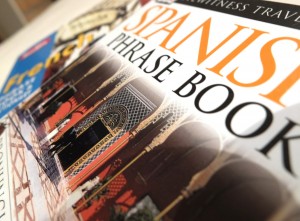 I was intrigued by this item in The Tyee on the recent re-naming of Mount Douglas as ‘PKOLS’. For non-Canadians ‘Mount Doug’ (as it is commonly known) is on the east side of the Saanich peninsular to the north of Victoria and was the site on which – in 1852 – the then governor of Vancouver Island – James Douglas – negotiated a treaty understood to be a promise to the WSÁNEĆ people that they would not be interfered with. PKOLS is held by the WSÁNEĆ nation to be the mountain’s original and true name.
I was intrigued by this item in The Tyee on the recent re-naming of Mount Douglas as ‘PKOLS’. For non-Canadians ‘Mount Doug’ (as it is commonly known) is on the east side of the Saanich peninsular to the north of Victoria and was the site on which – in 1852 – the then governor of Vancouver Island – James Douglas – negotiated a treaty understood to be a promise to the WSÁNEĆ people that they would not be interfered with. PKOLS is held by the WSÁNEĆ nation to be the mountain’s original and true name.
As is seemingly inevitable in this enlightened day and age the article attracted the usual brief storm of comments expressing opinions both in favour of and against the unilateral action that had been taken. This comment in particular caused me to raise an eyebrow:
“History should be respected, whether liked or not, and not appropriated by every group with a new agenda.”
This by way of reference – not as I thought first to the colonial appropriation of a First Nations landmark – but rather to the recent reclamation thereof by the WSÁNEĆ nation. Unless – by chance – the comment was intended to be humorously ironic, then it truly missed the point in spectacular fashion.
All of which cultural imperialism puts me in mind of the Irish playwright, Brian Friel’s, masterpiece – ‘Translations’.
For those who have not seen (or indeed read) this splendid play, the context is that of the British Ordnance Survey of Ireland carried out during the 1830s – a process that involved mapping, renaming and anglicising Ireland, of which the British were at the time – of course – the occupiers. A good explanation of the historical context of the piece can be found here.
Friel claimed that – though the political was impossible to avoid completely – his subject was not the situation in Ireland per se, but that this was “a play about language and only about language”. His interests are in the nature of communication – and the difficulties thereof – between peoples and races.
The play has – at its centre – a quite startling conceit, of the sort that marks out a playwright as belonging to the highest echelons of his profession. The Irish villagers speak only Gaelic and do not understand English. The British Army officers conducting the survey have – naturally – no Gaelic. Neither side can understand the other. The entire cast – however – perform throughout in English! The audience must decide for themselves which language is being spoken at any point. This unexpected inversion only serves to highlight the cultural chasm between the two sides, an inability to communicate that has – almost inevitably – tragic consequences.
Friel’s piece rightly offers no easy answers. It does – however – offer insight into the effects of such cultural colonisation. Insistence on strict maintenance of a native language as a pure act of defiance runs the risk of that language ossifying and become inert. Should that happen the culture that is based upon it will die as surely as had the coloniser set out to destroy it. Language must live and evolve if the culture itself is not simply to become a museum piece – even should that require the assimilation of an alien tongue.

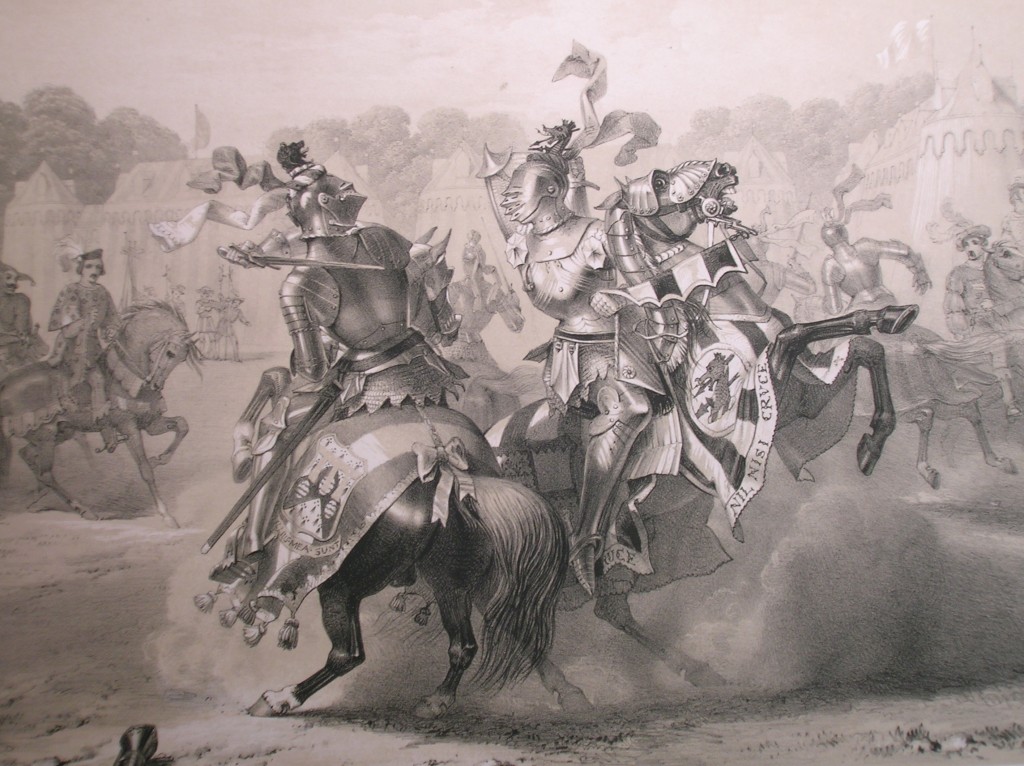

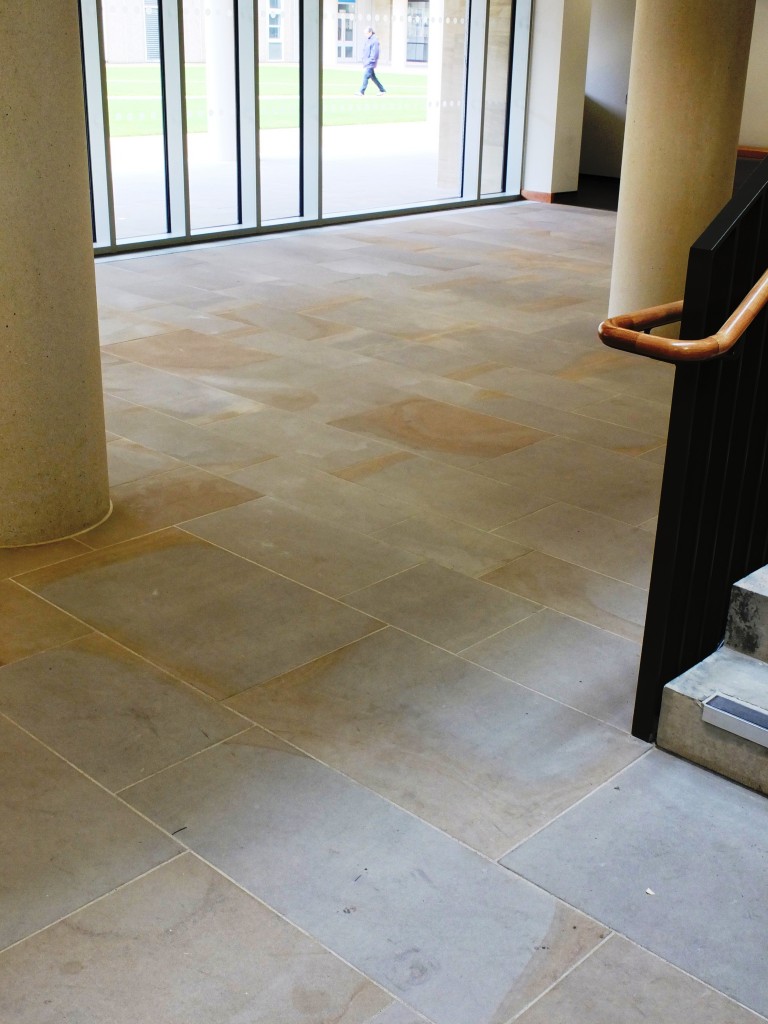


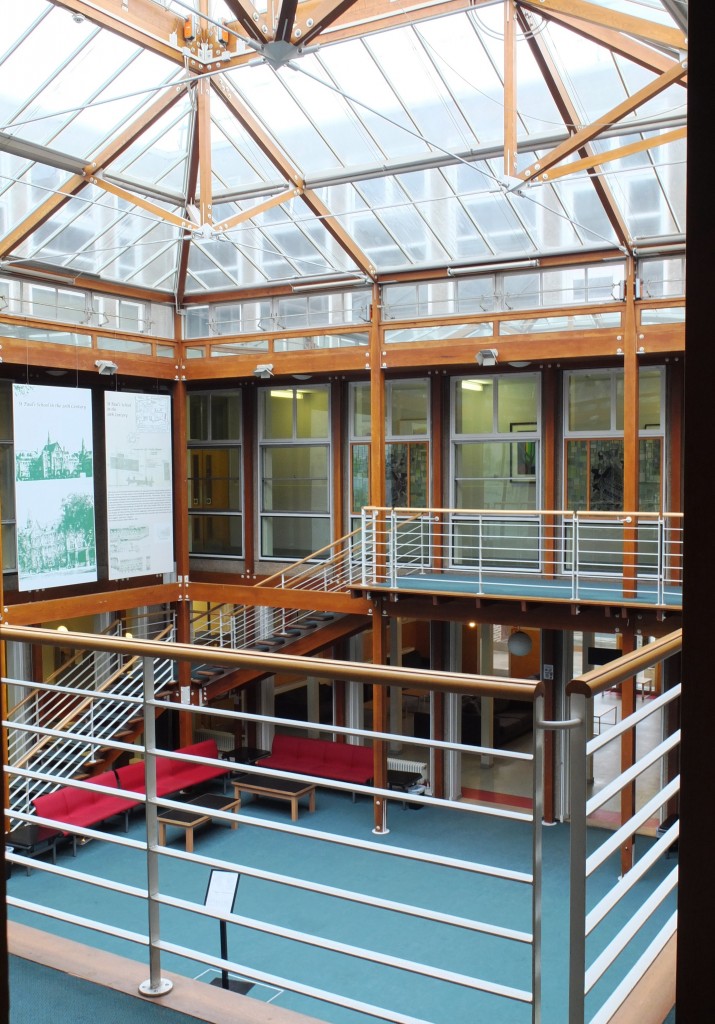
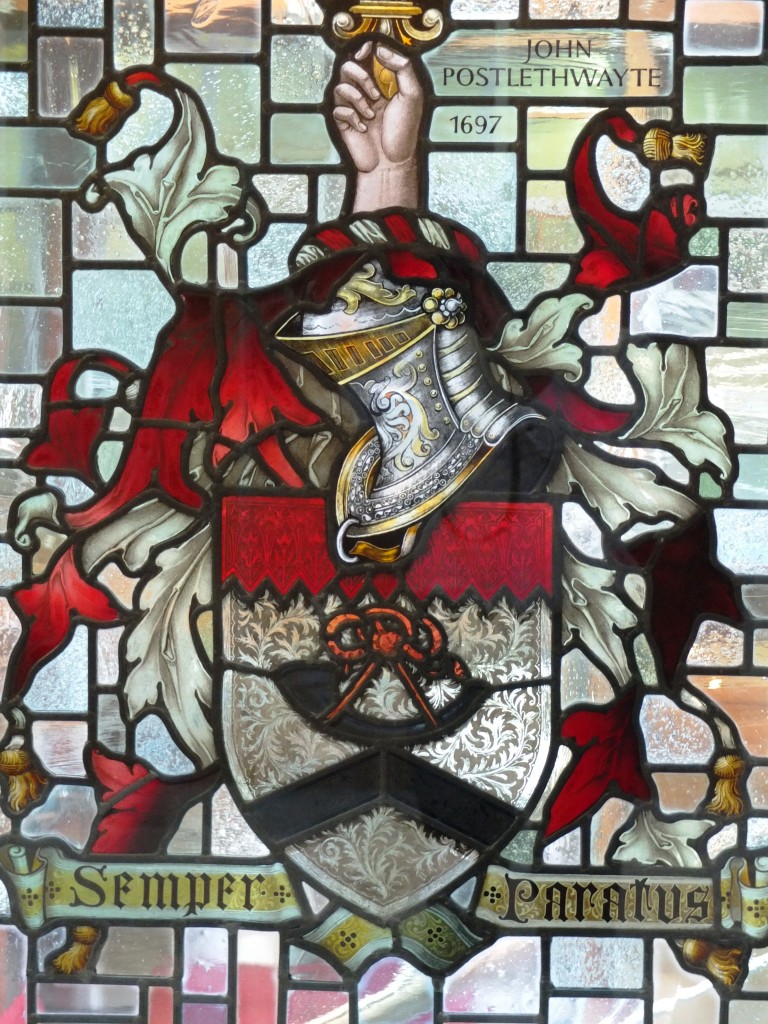
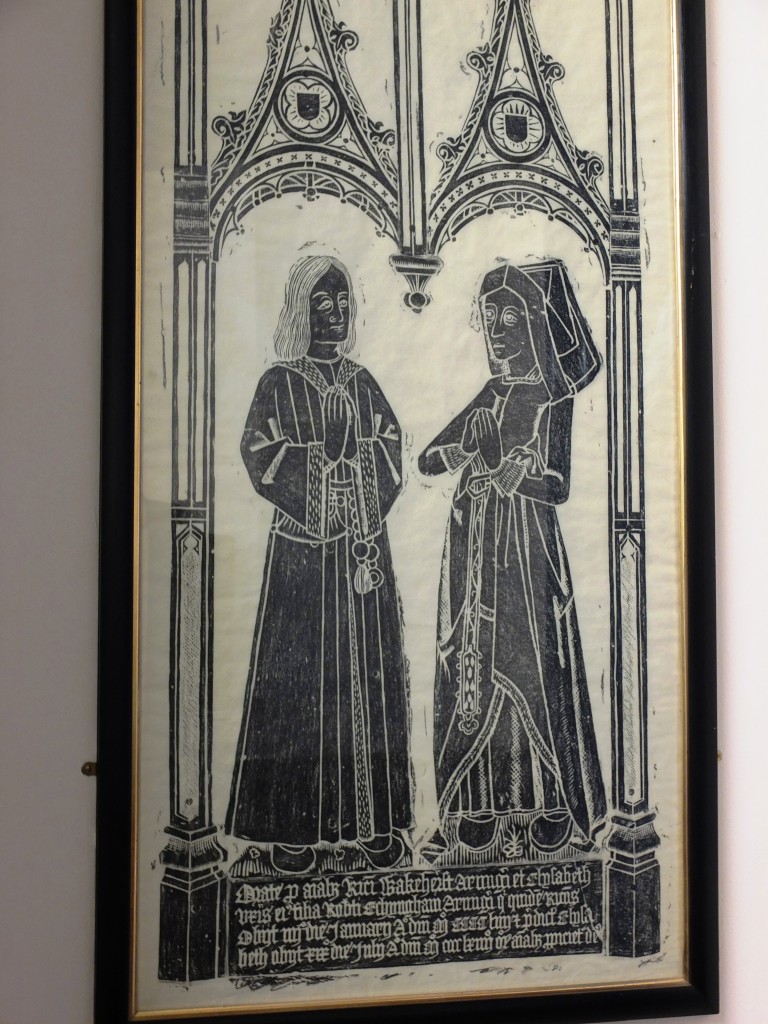

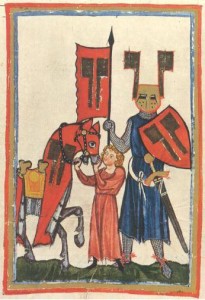




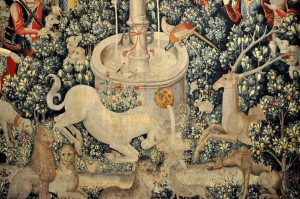


Recent Comments